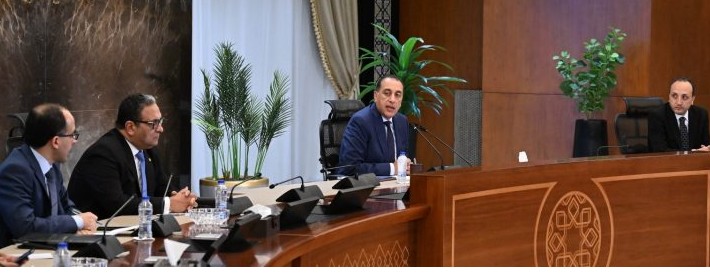(3 Minutes Read)
In a proactive move to prevent electricity shortages during the high-demand summer months, Egypt will increase its number of Floating Storage and Regasification Units (FSRUs) from one to four by this summer, Prime Minister Moustafa Madbouly announced during a weekly press conference in Cairo.
This expansion is part of a broader strategy to address the anticipated seasonal decline in domestic natural gas production. “We are securing additional FSRUs to ensure there are no power cuts this summer, as we promised,” said Prime Minister Madbouly, emphasising the government’s commitment to maintaining energy reliability during periods of peak consumption.
Egypt is currently grappling with a downturn in natural gas output, which is expected to reach its lowest point during the summer. However, production is forecast to recover by September, driven by the impact of recent exploration and drilling efforts. Despite current challenges, the government remains optimistic about prospects.
“Even without discoveries, we anticipate returning to pre-crisis production levels within two years,” Madbouly stated. He also noted that any successful new gas discoveries would accelerate the country’s return to a net-exporter status.
The decision to add more FSRUs is a response to mounting pressure on Egypt’s energy infrastructure. Summer months typically see a surge in electricity demand, largely due to widespread air conditioning use. By increasing its FSRU fleet, Egypt aims to import and regasify larger volumes of liquefied natural gas (LNG), thus supplementing the domestic supply and supporting the stability of the national power grid.
Read Also;
https://trendsnafrica.com/egypt-sets-to-increase-electricity-charges/
Over the past year, Egypt has shifted from being a consistent gas exporter to a seasonal LNG importer. This change was triggered by declining gas production and a growing imbalance between supply and domestic demand. In response, the government has aggressively pursued LNG import agreements and expanded its regasification infrastructure to mitigate energy shortages.
The latest measures reflect Egypt’s broader strategy to adapt to evolving energy dynamics while safeguarding public services and economic stability during critical periods.





